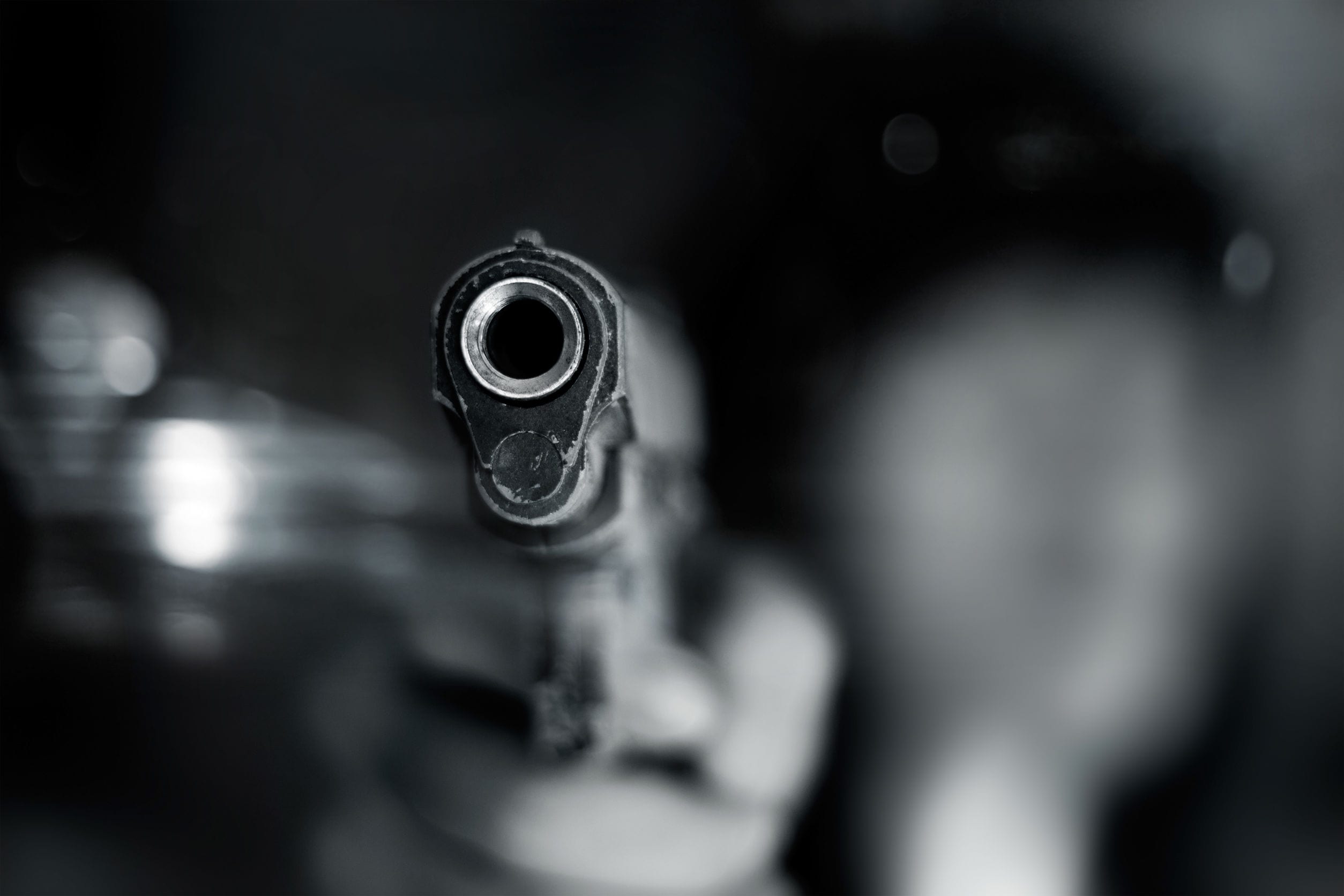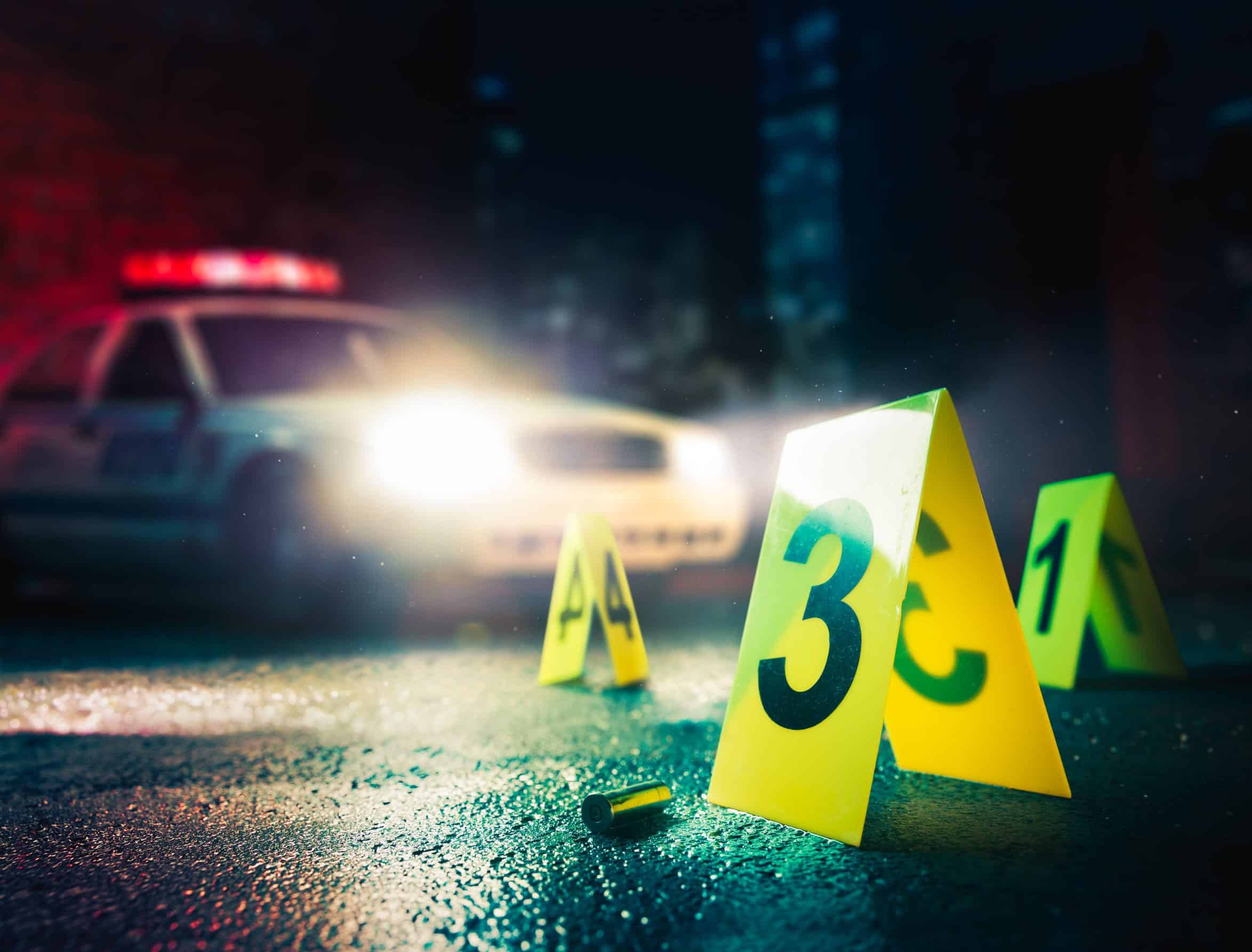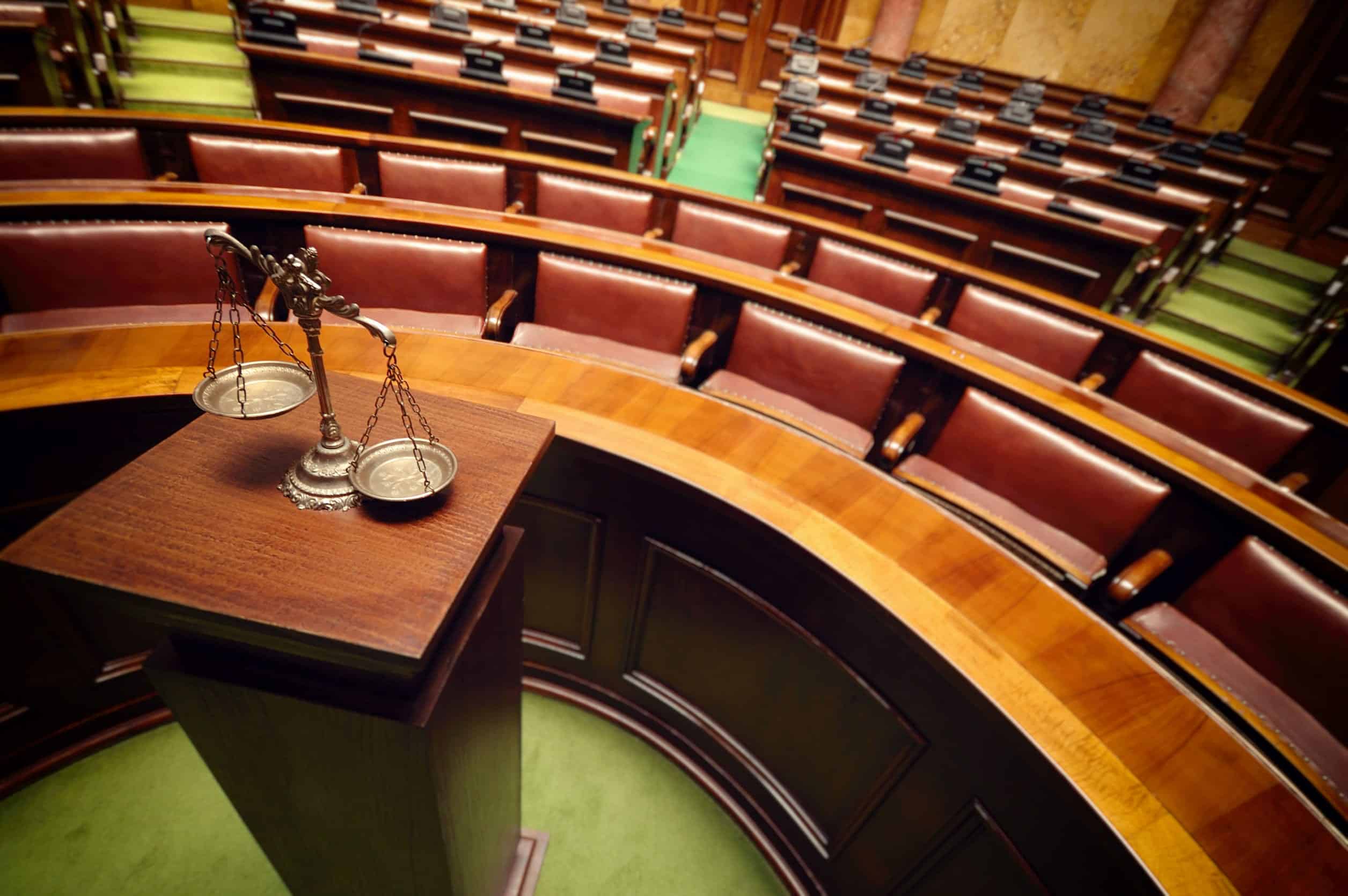- Home
- THE FIRM+
- Criminal Defense+
- CASE RESULTS
- AREAS WE SERVE+
- FAQ’s
- Blog
- Contact
AZHARI LLC BLOG

Posted By: Sami Azhari
Category:
The 2020 Memorial Day weekend was the deadliest Chicago has seen in years.
According to the Chicago Sun-Times, 10 people were killed and 39 wounded over the weekend, the highest since 2015, even with a stay at home order currently in place due to COVID-19.
Homicide in Chicago is something that touches its residents’ lives almost every day. If you or someone you loved is charged with homicide in Chicago, here’s what you need to know about the different charges that can stem from it as well as the penalties involved.
Types of Homicide In Chicago
Homicide is defined as the unlawful and deliberate killing of one person by another. Also often referred to as murder, there are different degrees of murder charges. In general, being charged with murder indicates that the killing was purposeful. If it wasn’t purposeful, there are other charges that can be brought under the law.
The different charges someone accused of homicide in Chicago can face include:
First Degree Murder
First-degree murder is the most serious homicide crime.
A person may be charged with first-degree murder if the authorities believe that the defendant planned the killing maliciously and intended to do bodily harm or kill the person. You can also be charged with first-degree murder if the defendant knew the act had a strong possibility to cause great bodily harm or death or they were attempting to commit a forcible felony other than second-degree murder when the homicide occurred.
Second Degree Murder
What distinguishes second-degree murder from first-degree murder is that the accused had no plan to kill the other person — even if the result was the same. Often, second-degree murder is charged when it is believed that the defendant was acting under intense and sudden passion at the time of the killing.
This provocation can come from the person they ultimately killed or another individual they intended to kill but did not — instead accidentally or negligently causing the death of another. It also applies if the defendant believes the circumstances at the time of the killing would justify or exonerate the killing.
Manslaughter
Under Illinois law, there are two different types of manslaughter. These are:
Voluntary Manslaughter
This occurs when the defendant is provoked through either desperation or rage to kill another person. Usually, there is no intent to kill involved, but the circumstances of the murder drive the person to commit the act.
Involuntary Manslaughter
Involuntary manslaughter is charged when a defendant acts recklessly, without regard for others, and someone dies as a result. This is similar to reckless homicide.
Reckless Homicide
Someone can be charged with reckless homicide if they kill someone while operating a car, all-terrain vehicle, watercraft, or snowmobile recklessly. For example, if you drive your car at 100 miles per hour in a school zone and accidentally strike and kill someone, that can be considered a reckless homicide.
Homicide Penalties in Chicago
If convicted, there are some serious penalties for each type of homicide charge. These are:
First Degree Murder
In Illinois, a first-degree murder conviction can result in a minimum of 20 years in prison or a maximum of life in prison.
Second Degree Murder
Second-degree murder is a Class 1 felony. If convicted, the penalties can be as little as probation with no time served in prison or up to 20 years in prison. The circumstances of the murder will have a big impact on sentencing.
Manslaughter
In Illinois, involuntary manslaughter is a Class 3 felony. Being convicted of involuntary manslaughter does not mandate a jail sentence and usually results in probation, but it can result in up to five years in prison.
Voluntary manslaughter is a Class 1 felony and can result in between four and 15 years in prison.
Reckless Homicide
If found guilty of reckless homicide, then you can face the penalties for a Class 3 felony. This carries a sentence of between three and five years in prison. Probation is possible as an alternative to jail but depends on the circumstances of the crime.
Of course, the burden of proof is on the state to prove the elements of first and second-degree murder in court. Anyone charged with murder or manslaughter in Chicago is innocent until proven guilty.
Being charged with homicide of any kind is serious and can have a huge impact on your future. That’s why it’s essential to understand your rights and the law.
Get Expert Legal Representation If You’re Facing Homicide Charges in Chicago
If you or someone you know has been charged with homicide, understanding the complexities of the law is critical. With various degrees of homicide charges ranging from first-degree murder to involuntary manslaughter, the implications of each can significantly impact your future. Contact Sami Azhari today for a consultation to discuss your case and explore your legal options.
About the Author
Sami Azhari has been working as a lawyer since 2007, after receiving his Juris Doctor from the Michigan State University College of Law. He has handled numerous state and federal cases, and is known throughout the Chicago and Rolling Meadows area for providing his clients with high-quality, skilled representation. He has been recognized by Avvo (2013 and 2018), SuperLawyers (2015-2020), The National Trial Lawyers, and other notable organizations, and has spoken at a number of legal conferences.



























































